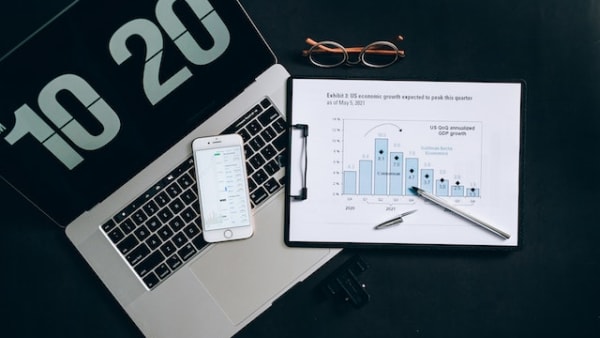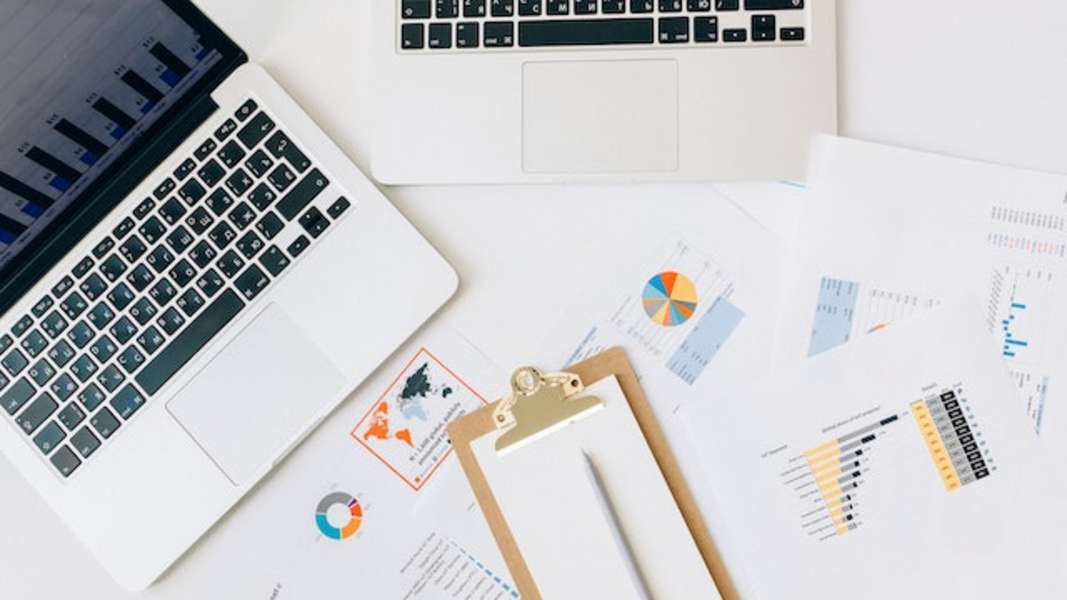
How To Hire A Statistician
May 09, 2023

A statistician is a professional who specializes in the collection, analysis, and interpretation of numerical data. They play a vital role in many industries, including healthcare, finance, education, and government, among others.
Statisticians can help organizations make informed decisions based on data by designing studies, analyzing data, and presenting their findings in a clear and concise manner.
This article will provide an overview of the skills and abilities that are essential for a statistician to possess. It will also explore the technical skills required for the job, such as proficiency in statistical software and programming languages, as well as the analytical and problem-solving abilities needed to effectively analyze data.
It also provides guidance on how to best test for these skills and abilities when evaluating candidates for a statistician position. This includes a range of aptitude tests and tests focusing on soft skills.
What should a statistician be able to do?
The main tasks of a statistician include designing surveys and experiments, collecting and analyzing data, interpreting and presenting statistical results, and collaborating with other professionals in fields such as medicine, engineering, and social sciences.
Statisticians use mathematical and statistical techniques to address practical problems in various fields, including business, economics, healthcare, and public policy. They design experiments and surveys, collect and analyze data using statistical software and techniques, and develop mathematical models to explain and predict patterns in data.
Statisticians also interpret and present statistical results in a clear and concise manner, often using data visualizations such as graphs and charts to communicate their findings to others.
Finally, statisticians may collaborate with other professionals in their field to develop and improve statistical methods and models, and to apply statistical analysis to specific problems or questions.
Skills to look for in a statistician
Statisticians are highly skilled professionals who help organizations make sense of data. They collect, analyze, and interpret numerical data to identify patterns and relationships that can help inform business decisions.
To become a successful statistician, there are a set of essential skills they must have.
Mathematical Skills: statisticians need to have a deep understanding of mathematical concepts and the ability to apply them to solve complex problems.
Attention to Detail: they need to be highly detail-oriented and have the ability to spot errors and inconsistencies in data sets.
Critical thinking: statisticians must be able to evaluate information critically and analyze it to determine its value and relevance to their work.
Communication: they must be able to clearly and effectively communicate their findings to stakeholders with different levels of technical knowledge.
All of these skills are critical for a statistician to be able to analyze and interpret large data sets and provide valuable insights to organizations.
Useful abilities for a statistician
As well as skills, a statistician needs useful abilities such as the ones outlined below.
Mathematical Reasoning: statisticians must have excellent mathematical reasoning abilities to apply mathematical principles to solve problems in their work.
Problem Sensitivity: they must be able to recognize when something is wrong or is likely to go wrong, identify potential causes of problems, and develop solutions to address them.
Written Comprehension: being able to read and understand complex technical reports, research studies, and other documentation related to their work.
Inductive Reasoning: another key ability for statisticians. Inductive reasoning is the ability to combine separate pieces of information to form general conclusions. Statisticians must have this ability to analyze data and identify patterns and trends.
Deductive Reasoning: it is the ability to apply general rules to specific problems to produce logical conclusions. Statisticians must have strong deductive reasoning skills to make sound judgments and decisions based on their analysis of data.
Which soft skills tests could I use to hire a statistician?
There are a range of soft skills tests which could be useful when hiring a statistician.
Time Management: it is a crucial skill for a statistician as they often work on multiple projects simultaneously and are required to meet strict deadlines. This test assesses a candidate's ability to show time management effectively, prioritize tasks, and complete projects within the given timeframe.
Communication: effective communication is essential for statisticians as they often need to communicate complex statistical concepts to non-technical stakeholders. This test assesses the candidate's ability to articulate ideas clearly, listen actively, and adapt communication style to different audiences. Look for candidates who can present their findings in a concise and understandable manner while demonstrating strong interpersonal skills.
Problem Solving: statisticians need to analyze data, identify patterns, and draw meaningful conclusions. This test evaluates the candidate's problem solving skills, ability to think critically, and apply statistical methods to real-world scenarios. Look for candidates who can demonstrate logical reasoning, creative thinking, and the capability to approach complex problems systematically while considering various factors and potential solutions.
Which technical or aptitude tests could I use to hire a statistician?
As well as soft skills, technical and aptitude tests can be used to hire a statistician.
Microsoft Excel: this test assesses the candidate's ability to work with Microsoft Excel, which is a commonly used tool for data analysis and reporting. While it may not be the primary tool used by statisticians, it is still an essential software skill for this role.
Numerical Reasoning: the numerical reasoning test evaluates the candidate's ability to interpret and analyze numerical data, which is a critical skill for statisticians. It assesses their ability to perform calculations, analyze data trends, and draw conclusions from statistical data.
Logical Reasoning: this test assesses the candidate's ability to reason logically and solve problems systematically. As statisticians often need to identify patterns and trends in data, this skill is essential for the role.
Overall, these tests evaluate a candidate's proficiency in statistical software, programming languages, and numerical and logical reasoning, which are critical skills for a statistician role.
Our recommended test battery for a statistician
Our top recommended test battery for a statistician include:
Verbal Reasoning: this test assesses a candidate's ability to understand and analyze complex written information. As statisticians need to interpret and communicate statistical data to a wide range of stakeholders, the verbal reasoning test is crucial in determining a candidate's ability to communicate effectively.
Error Checking: as statisticians work with large datasets, attention to detail is essential. An error checking test can help assess a candidate's accuracy and ability to identify and correct errors in their work.
Microsoft Excel: statisticians frequently use Excel to analyze and manipulate data. A test that assesses a candidate's proficiency in using Microsoft Excel can help evaluate their ability to work efficiently and effectively.
Boost your hiring power.
Start using Neuroworx today.
Talk is cheap. We offer a 14-day free trial so you can see our platform for yourselves.
Try for free




